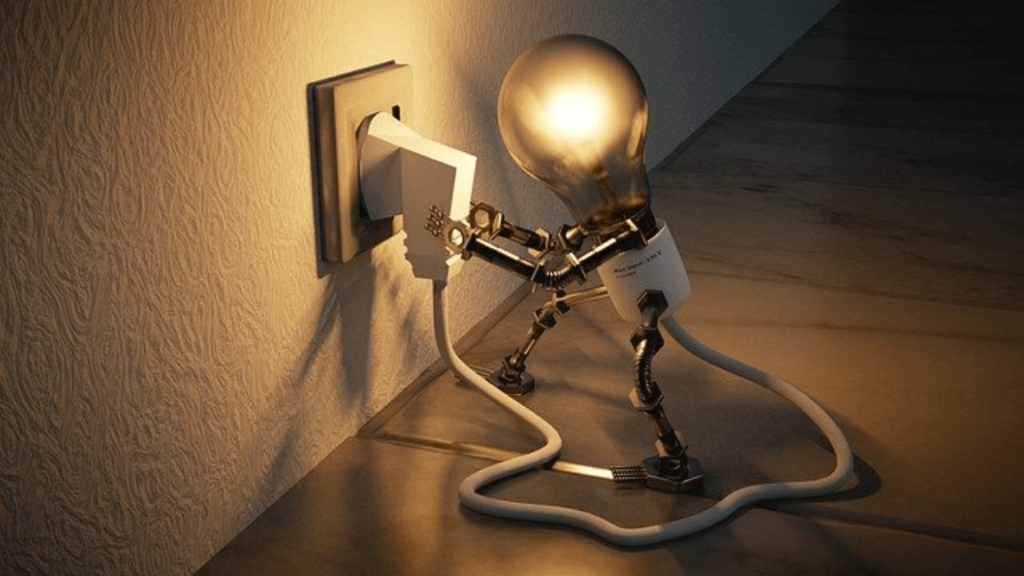While electricity is a crucial basic need for homeowners, its hazards may result in fires, burns, shocks, electrocution, and even death. Overloaded circuits, electrical cords, plugged-in appliances that aren’t in use, and water close to electrical items can pose electrical threats. However, good electricity safety practices can prevent exposure to electricity risks.
Electrical safety establishes a safe environment to avoid hazards resulting from electric contact. Most electrical fires, injuries, and fatalities can be prevented. Nonetheless, you should familiarize yourself with the most common electrical hazards and how to avoid them. Here are five electrical home safety tips for homeowners.
1. Avoid overloading your electrical outlets
Electrical outlets are meant to carry a specific power load. Its overload increases when multiple devices or appliances draw power from one outlet. An overload can also occur when you plug many high ampere devices or appliances into one outlet. A faulty circuit may also result in an outlet overload. When outlets overload, the circuit breakers trip, stopping the electric flow to the entire circuit.
Without circuit breakers, circuit wirings overheat, causing the wire insulations to melt. This may cause a fire. Invite a certified electrician to inspect your circuit layout and advice on preventing an outlet overload. You can also use fuses to detect overloads, stop the current and safeguard your circuits.
2. Ensure proper wattage for your appliances and fixtures
All appliances and fixtures have the correct wattage that they should be used with. Inspect your fixtures and lamps to ensure you’re under or at the required threshold. For light fixtures without listed wattage, use 60 or less watt bulbs. Note that LEDs use less electricity and reduce overheating risk, making them a favorable choice for your home.
3. Use extension cords safely
Extension cords may become a fire hazard if used without caution and pose threats to personal safety. Avoid powering several appliances into a single cord when using extension cords, and avoid using indoor extension cords outdoors. Don’t plug several cords together and ensure they don’t run under furniture or rugs.
Avoid coiling or bending cords when in use. When not in use, ensure all the extension cords are unplugged. You should also avoid covering the cords because keeping them covered means heat can’t escape, which may cause a fire. When in use, extension cords shouldn’t be in snow or water to avoid electric shock.
4. Replace frayed or damaged electrical cords
Frayed electrical cords pose a severe electrocution risk. Beware of recurring blown fuses because they could be a sign that there’s an issue with your wiring. Don’t ignore harsh smells, like smoke that lingers near appliances, a plug, a power strip, or a room. Frayed cords can be dangerous when plugged directly into an electrical outlets. The damaged insulation of these cords may cause shock, fire hazards, or electrocution. Consider getting old and damaged electrical cords immediately replaced to enhance safety.
5. Keep electrical outlets and devices away from water
When water gets into contact with electricity, it can be dangerous. Consider keeping your electrical equipment away from water and dry to protect against electrocution and injuries. Keep your hands dry when working with electrical appliances. Ensure your electrical equipment is away from aquariums, sinks, bathtubs, and showers to reduce the risk of electricity and water coming into contact.
Endnote
While electricity is crucial for daily use, it poses severe safety threats. Use these electrical home safety tips for homeowners to prevent electrical hazards.

